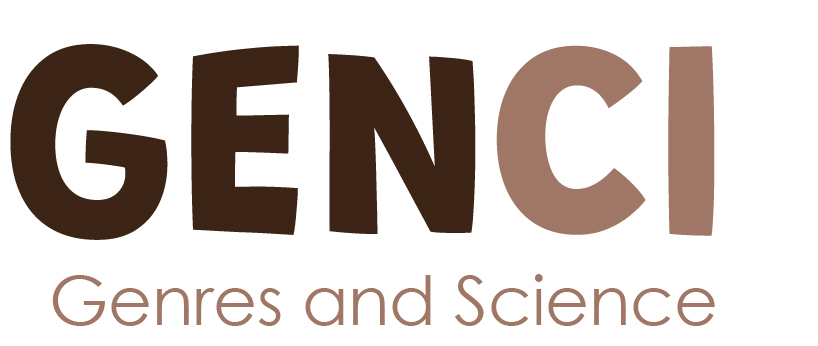A lexical bundle analysis for artistic campaigns in Crowdfunding Communication. Vela Rodrigo, A.

Abstract
At present, researchers are increasingly using different digital resources and tools to make scientific contents accessible to lay publics and also to engage them in various ways in scientific research. In the context of science crowdfunding, the technological affordances of digital platforms allow researchers to do so. In this presentation I focus on science crowdfunding project proposals, that consists of web-based texts with which researchers can propose a scientific research project and raise funding for carrying it out (Luzón and Pérez-Llantada, 2022). The fact of being online allows researchers to reach diversified audiences, capture their interest in the project, raise the audiences’ awareness of the expected scientific and social impact of the project and by this means prompt donations. From a theoretical standpoint, crowdfunding project proposals have been defined as a hybrid genre (Herring, 2013; Mehlenbacher, 2019) because they adopt the rhetorical and linguistic conventions of the traditional research grant proposal and also exhibit distinct features of other online genres of science popularisation, such as blogs and citizen science projects. The existing literature to date has mainly examined the rhetorical organisation of the information and their main discourse features in emerging digital genres but, to the best of my knowledge, has not yet engaged in lexicogrammatical analysis. Although as claims, lexicogrammatical units should be seen as a fundamental unit of analysis in text analysis. Therefore, to complement these studies and shed further light into our understanding of these projects, this paper aims to describe the lexicogrammatical profile of these proposals by analysing the structure, meaning and discourse functions of phraseological units. To do so I use a corpus of projects in the field of Art and Design from the crowdfunding platform Experiment.com and apply lexical bundle analysis following the frequency-first principle described by Biber et al. (1999) and Biber (2009) for recurring phraseology in academic prose. Examining the lexicogrammar of these proposals is important to understand their informative and persuasive goals (Gledhill, 2011).Preliminary findings reveal that the highly frequent 3-word bundles and 4-word bundles in these proposals are not associated with formal scientific language, even if they are scientific projects, but rather with colloquial language. Some of their main functions in the discourse are to convey expressions of gratitude and politeness (as in thanks for your support, a huge thank you, thank you to everyone) being considerably numerous, with a presence of 10.81%. The findings also show that in order to convey trust, researchers draw on epistemic bundles (e.g., we will be able; will allow me to) (21.62%), attitudinal bundles (16.21%) (can’t wait to see; I look forward to; good luck with) and descriptive expressions (this project is to; it is been a; goal of this project) (18.91%) that is to say, to persuade their audiences that the research methods proposed for carrying out the project are reliable and therefore trustable. The fact that the highly frequent lexicogrammar of these projects resembles the lexicogrammar that characterizes conversation further suggests that these proposals instantiate generic hybridity. As I will illustrate in this paper, I would argue here that through these bundles the genre performs its main rhetorical actions, namely to inform the audience sharing objective data through a formulaic language sometimes close to that of the traditional grant proposal. However, in order to prompt the audience’s donations for carrying out the project, scientists tend to introduce a phraseology characteristic of conversational contexts, reinforcing that idea of genre hybridity.
